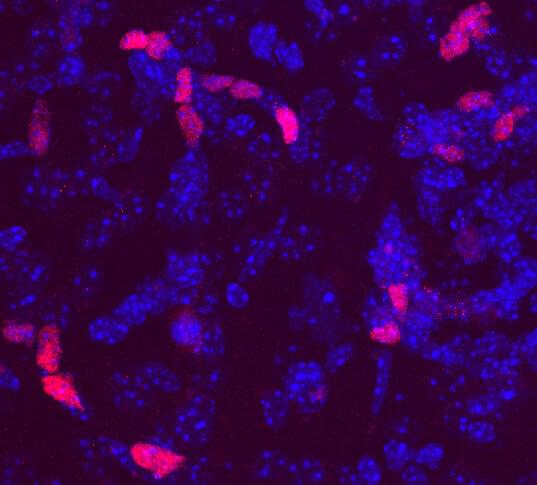A single protein can reverse the developmental clock on adult brain cells called astrocytes, morphing them into stem-like cells that produce neurons and other cell types, UT Southwestern researchers report in a PNAS study. The findings might someday lead to a way to regenerate brain tissue after disease or injury.
“We’re showing that it may be possible to reprogram the fate of this subset of brain cells, giving them the potential to rebuild the damaged brain,” said study leader and co-corresponding author Chun-Li Zhang, Ph.D., Professor of Molecular Biology and an Investigator in the Peter O’Donnell Jr. Brain Institute.
During development, mammalian stem cells readily proliferate to produce neurons throughout the brain and cells—called glia—that help support them. Glia help maintain optimal brain function by performing essential jobs like cleaning up waste and insulating nerve fibers. However, the mature brain largely loses that stem cell capacity. Only two small regenerative zones, or niches, remain in the adult brain, Dr. Zhang explained, leaving it with extremely limited capacity to heal itself following injury or disease.
